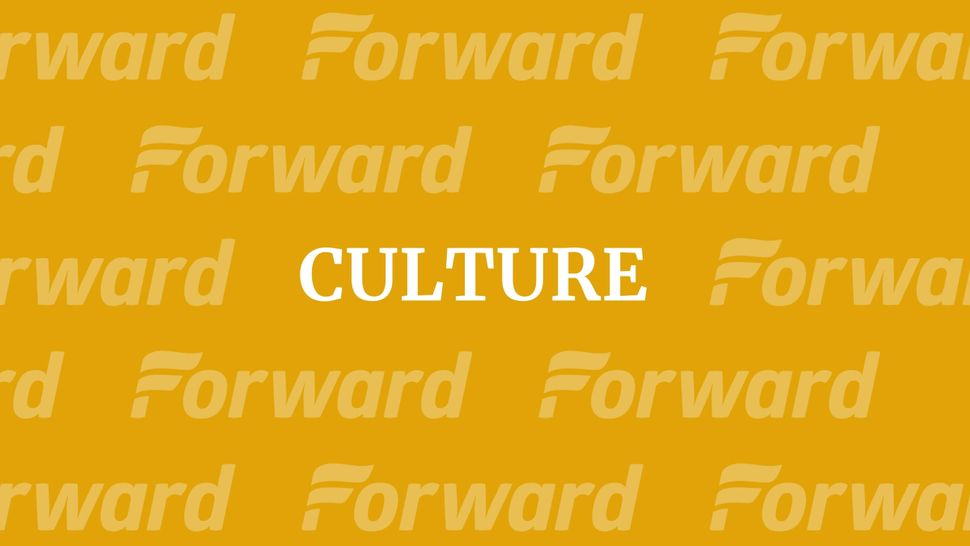The hardest Bible quiz in the world is not for the casual Jew
When I answered 10 qualifying questions for the world’s biggest Hebrew Bible test, I got exactly one right. But, despite the fact that this is statistically worse than guessing, I was eager to attend the U.S. finals of that same quiz. Chidon HaTanach, an annual competition that tests scholars on their Tanakh knowledge, hosts contestants…






















